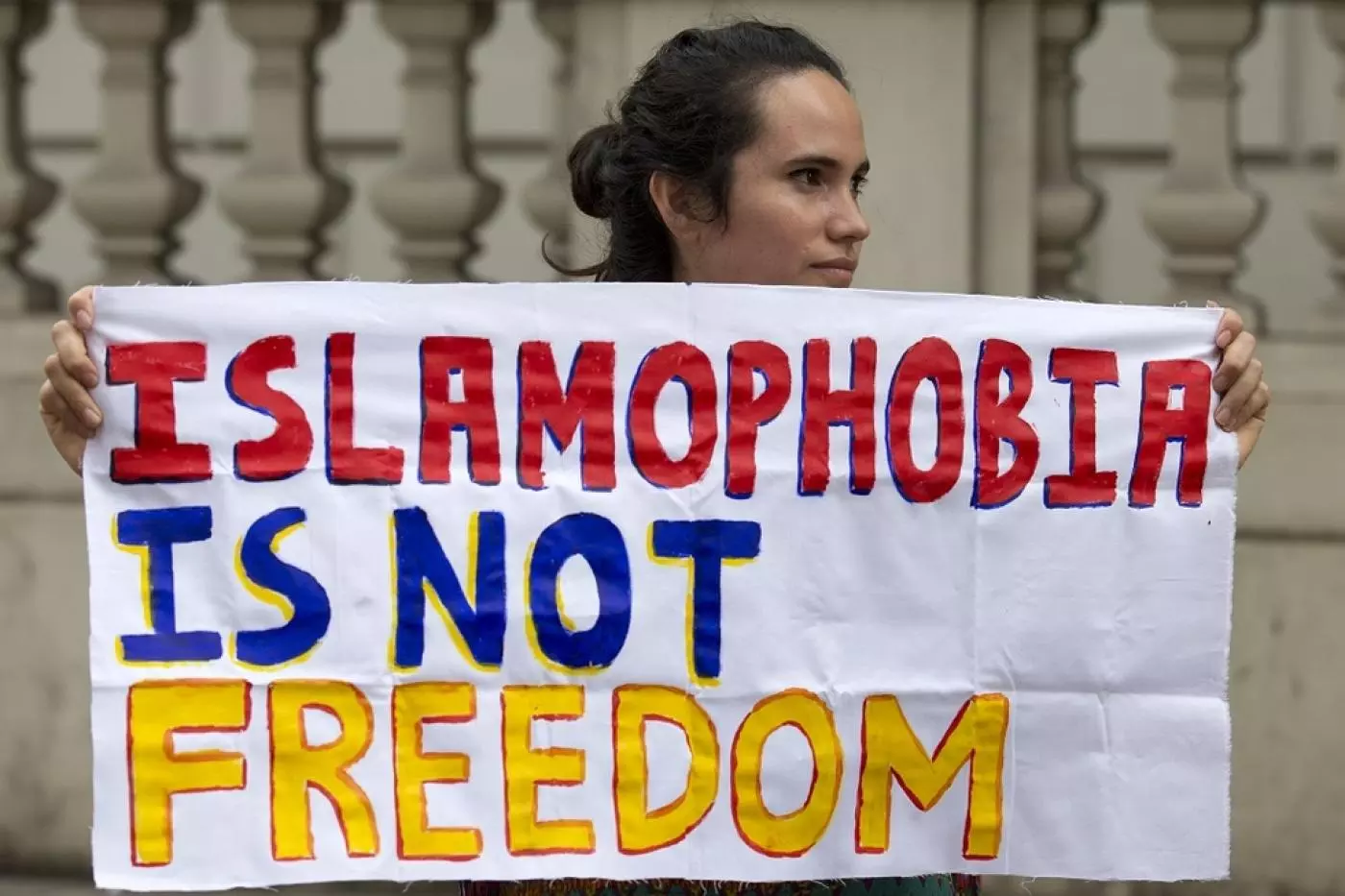
France's free speech protection to cover up Islamophobia
text_fieldsAfter the hubbub created by the Charlie Hebdo cartoon, now it is the thought turned words of a 16-year-old girl that create waves in the debate between 'free-speech and Islamophobia' in France.
Last year in January Mila addressing her about 10,000 followers on Instagram poured her viperous thoughts on Islam. For her, Islam is nothing but a religion of hatred and she used crude words to define it.
Mila stood by her stand that it is her right to express her thought despite getting more than one lakh hate messages, which turned into a rape threat to beheading. Legal actions soon followed in defence of her right to speech as the French law allows people to go blasphemous against religions and the case of cyberbullying has also become a matter of the legal system to deal with.
Last month, a French court convicted 11 people for harassing her online. The debate that followed Mila's rightful thought on Islam and its expression, and online hateful responses, however, was not confined to a score of ordinary people, the matter has been everywhere in the talks of politicians, rights activists and legal luminaries.
President Emmanuel Macron is of the opinion that since the law provides protection to those who go blasphemous against religion, he found it his duty to extend protection to Mila. Macron also felt that the country owes to be a shield for her at school, in her daily life and in her movements.
The far-right leader Marine Le Pen termed her the oral description of Charlie's cartoons, saying that the expression of her thought could be vulgar but making her a subject of condemning to death was not acceptable.
In February after her broadcast, she was encountered by media where she reiterated and reinforced her hatred against Islam, posing a question why she should regret for her view whereas she is fully right. Though identifying herself as a lesbian who abhors Blacks and Arabs to be attracted, she did not like to be called a racist.
But her case, later known to be the Mila case, made her a victim of cyberbullying, creating double standard views even among progressive minds in the French secular society. The verdict, sentencing more than 18 people to prison on Mila's complaint for being a subject to online abuse and harassment, has been viewed as a cryptic and twisted attempt to hide the increasing Islamophobia in the French society under the wrap of the right to free-speech.
One of the lawyers who appeared for the guilty in this case told Al Jazeera that the message that came out as a result of the judicial process and the way it takes is against the rights of individuals who are judged, who are also otherwise law-abiding citizens, and who might be provoked by the words and presentation.
The court of law gave no room to the emotional offence caused to the individuals who were found guilty of abusing Mila online by her words, the lawyer said.
He said that French mainstream media "instrumentalised" the trial to create "a new Joan of Arc" symbol out of Mila.
The lawyer also slammed the French media for siding with Mila in making her a victim in an effort to create a new 'Joan of Arc' symbol out of Mila. According to Al Jazeera, Mila released a book titled 'I am the price of your liberty' on June 23 and on July 8, a day after the verdict, she visited the Great Mosque of Paris, posing for photos with a copy of the Quran in her hand.
Defending one of his clients, the lawyer said that though the accused, born to a Christian and with no criminal background, acknowledged his response to Mila was vulgar, it did not pose a serious threat. For the lawyer, the 13 defendants were chosen as "scapegoats" and that the trial was "clearly meant to send a message to the world, and especially to the French population".
Imen Neffati, a historian on race, Islam and press freedom in France, said that while the right to criticise religions should be respected, this principle is often used to cover up Islamophobia.
(Recreated from a story published in Al Jazeera)























